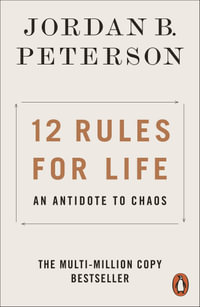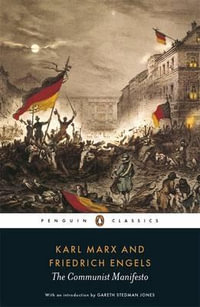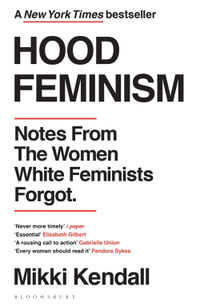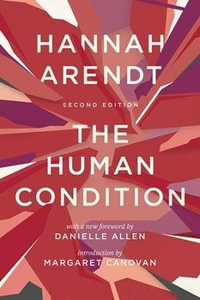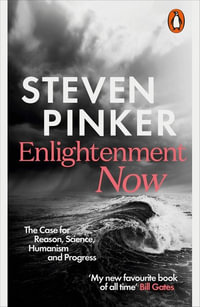The Green Light ( Le Feu Vert ') offers an original and profound exploration of the roots of environmental philosophy and the Anthropocene. Bernard Charbonneau situates the wellspring of the ecological movement in the dialectics of Nature and Freedom, and their needful but uneasy joining against the totalizing system of technological society that threatens them both. Using this paradoxical tension as a yardstick, he probes the ways in which concepts of Nature have developed as industrialization became second nature and jeopardized the original, taken for granted until its advent.
This allows Charbonneau to explain how movements and policies claiming to deal with this issue have gone wrong. A spirited critique of how the environmental movement has taken shape in relation to philosophy, politics, theology and contemporary culture, this book written in 1980 is representative of an oft-overlooked strand of French environmentalist thought, as a look back on its first decade in the public eye by a man who had originated political ecology half a century earlier.
Charbonneau can be said to have prepared the way for many current concerns within environmental thought- the tension between liberalism and ecologism in green political theory; the wider question of the compatibility of ecological imperatives with supposedly foundational freedoms under capitalism; the discussions over how to balance existing democratic structures with environmental goals; the tensions between radical and reformist strategies within green movements; the controversy over the core values of ecological politics in a world transformed by climate change and peak everything; and the proper attitude of environmental movements to institutional science. This ground-breaking work should be front and centre of the debates that he anticipated, while giving a timely perspective on the interconnected questions of nature and human freedom.
This first English translation of a work by Bernard Charbonneau provides not only a vivid account of environmental philosophy, but an introduction to this important author 's thought.
About the Author
Bernard Charbonneau (1910-1996) was a French philosopher who specialised in political ecology and critiques of technology. Today he is considered by a growing number of environmentalists as a visionary forerunner of political ecology. Christian Roy is a cultural historian (Ph.D. McGill 1993), an art and cinema critic, and a multilingual translator. He is an expert on the lives and thought of both Bernard Charbonneau and Jacques Ellul.
Industry Reviews
This important book should have been translated more than 30 years ago. Yet it is even more relevant now, in a world undergoing global climate change, than it has ever been. Daniel Cerezuelle, Christian Roy, and Piers H.G. Stephens are all to be praised for making a book by Bernard Charbonneau available to English language readers. -- Carl Mitcham, International Professor of Philosophy of Technology, Renmin University of China, China, and Emeritus Professor of Humanities, Arts, and Social Sciences, Colorado School of Mines, USA
The ecological emergency is so systemic and so vast that the human imagination is frozen before it. Unable to believe that things could be different, around the world people consent to fascist-paranoid politics that relieve us of the burden of thinking and visualizing. Christian Roy's lovely translation of Charbonneau's masterpiece allows us to un-freeze, and for the sake of all lifeforms on Earth, imagine what William Blake meant by a "mental fight" for our ecological future. -- Timothy Morton, Rita Shea Guffey Chair in English, Rice University, USA



